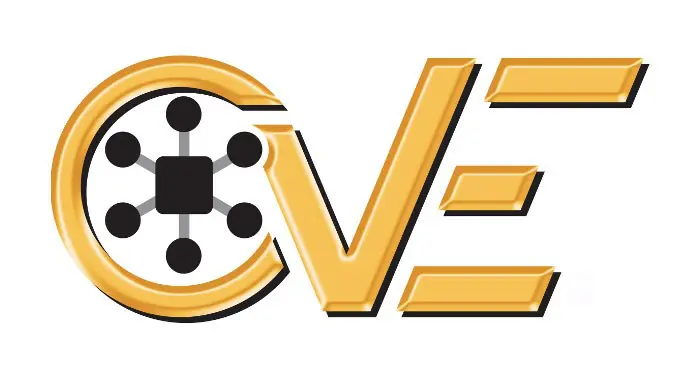| Overview : |
| NSA Ghidra through 9.0.4, when experimental mode is enabled, allows arbitrary code execution if the Read XML Files feature of Bit Patterns Explorer is used with a modified XML document. This occurs in Features/BytePatterns/src/main/java/ghidra/bitpatterns/info/FileBitPatternInfoReader.java. An attack could start with an XML document that was originally created by DumpFunctionPatternInfoScript but then directly modified by an attacker (for example, to make a java.lang.Runtime.exec call). |
| Affected Product(s) : |
|
| Vulnerability Details : |
||||
Solution : The vulnerability will be fixed in latest versions |




